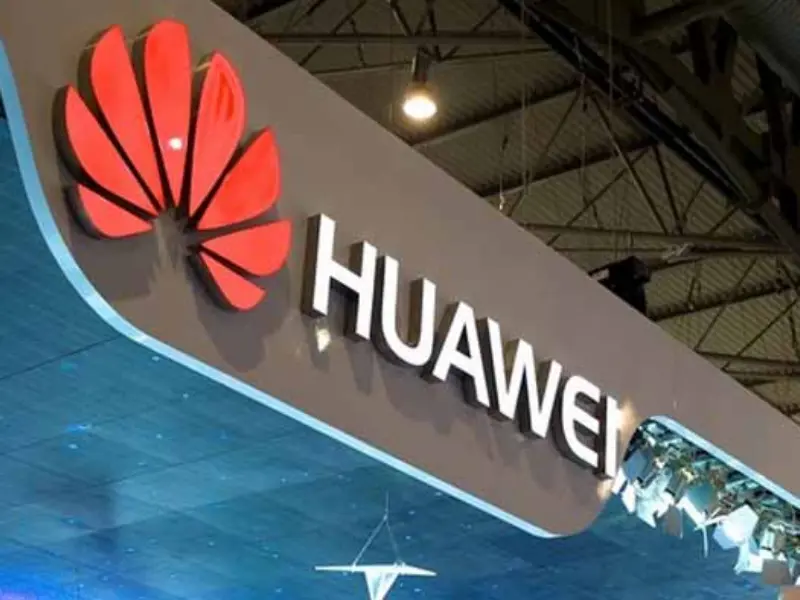- Huawei uses deep learning and natural language processing to dramatically accelerate and refine the accuracy and efficiency of global search.
- Through AI-driven personalisation and seamless cross-device search, Huawei enhances the user experience across smartphones, tablets and computers.
OUR TAKE
Huawei’s global search software is a standout in the tech landscape thanks to its advanced AI integrations. It uses deep learning and natural language processing to revolutionise the user search experience. This technology not only speeds up information access but also ensures higher accuracy, meeting the expectations of modern users for swift and smart digital solutions. Personally, I find Huawei’s commitment to continuously evolve and integrate AI into practical applications impressive and essential for staying ahead in the competitive tech industry.
–Heidi Luo, BTW reporter
What happened
Huawei has made a significant leap in enhancing its global search capabilities by integrating artificial intelligence, particularly deep learning and natural language processing techniques.
These technologies enable the software to analyse large amounts of data quickly and with high accuracy. Users can expect an almost instantaneous response when they enter search queries, whether they are looking for information within their device or on the internet.
The upgrade includes sophisticated AI algorithms that better understand the context of user queries, enabling the software to deliver more relevant results. For example, when a user searches for specific information, the software examines previous interactions and preferences to tailor search results.
“Huawei global search is based on AI algorithms and natural language processing technology. By intelligently analysing the keywords entered by the user, the system is able to better understand the user’s needs and return search results that are more in line with the user’s expectations,” Mingguo Li, a software development engineer at Huawei in Hangzhou, said to BTW.
Also read: Huawei participates in core network integration in Jakarta
Also read: Huawei revives as smartphone profits soar in first-half
Why it’s important
This AI-driven feature is part of Huawei’s broader strategy to make technology more adaptable and intuitive for users around the world. By analysing user habits and preferences, global search can provide personalised recommendations.
For example, when a user starts typing keywords, the system automatically suggests related content based on previous searches or what data analysis predicts the user might be interested in, such as news or popular topics. This greatly improves the efficiency and accuracy of information access.
Huawei’s global search also tailors its recommendations according to the user’s current context, such as work, study or entertainment. For example, it can prioritise office-related applications and documents during work hours, and suggest entertainment content such as movies, music or games during leisure time.
Besides, AI enables global search to better understand natural language input beyond simple keyword matching. Mingguo said, “For example, if a user says, ‘I want to find the photos I took at the beach yesterday,’ the system can understand the intent and search for photos that match ‘yesterday’ and ‘beach’ in the local gallery.”
“Within the Huawei ecosystem, users can use global search to find files across multiple devices connected to the same Huawei account, such as smartphones, tablets and computers,” he added.

